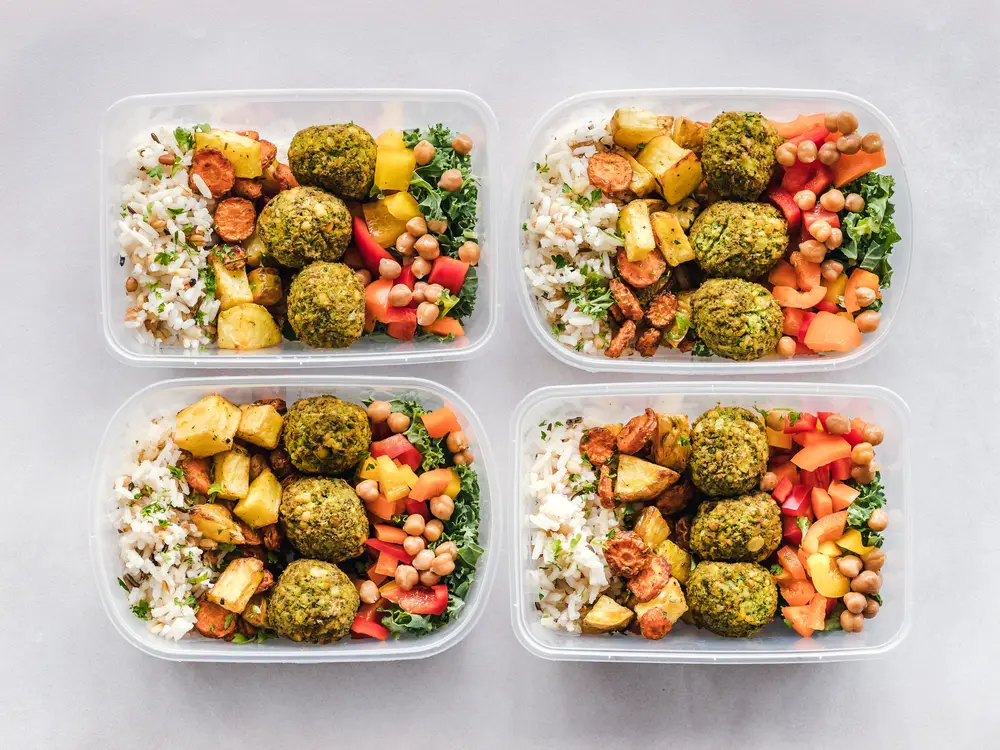Meal planning has grown significantly in popularity as a valuable and practical approach to staying on top of your nutritional demands in today’s fast-paced environment. It entails cooking meals in advance and storing them for later consumption, typically for an entire week. Although the advantages of meal planning are frequently linked to time savings and encouraging healthy eating practices, it’s important to note that it can also have a favorable effect on your budget. This post will examine five ways meal planning can help you save money.
Ways Meal Planning Can Save Money
1. Reducing Impulse Purchases
It’s easy to make hasty choices about what to eat when starving and rushing for time, but trying to avoid that is essential. On the other hand, a meal prep service can help curb these impulses by offering a convenient and less expensive alternative to eating out. You can avoid making impulsive and potentially costly food purchases if you plan and prepare your meals in advance. Using this strategy, you can keep the predetermined grocery list, allowing you to purchase goods in bulk or take advantage of deals and discounts. Meal preparation can help you feel more in control of your finances by lowering the likelihood that you will make impulsive purchases.
2. Minimizing Food Waste
Food waste is one of the most significant contributors to households’ overall financial loss. When you don’t plan your meals, you always tend to buy more food than you need, which causes some of it to spoil before you can use it. Meal preparation solves this problem because it enables you to portion the components accurately. You can reduce the food you throw and make the most of the groceries you buy if you plan your meals according to the quantity you need. In addition, having a set process for meal preparation makes it more likely that you will consume any leftovers, which decreases the risk that any uneaten food will be wasted.
3. Bulk Buying and Economies of Scale
Meal preparation supports the practice of purchasing items in large quantities, which saves money. You can take advantage of lower costs for food goods if you make larger purchases due to economies of scale. It is possible to save a large amount of money on the individual prices of several necessities by purchasing them in bulk, such as rice, pasta, and canned products. Investing in more significant quantities of perishable goods, such as meat, and then chopping them up into manageable parts for meal preparation can also result in significant cost reductions. You’ll be able to get more out of your grocery budget and save more money overall if you take advantage of opportunities to buy in bulk.
4. Dining Out Less Frequently
Spending a lot of money on dining at restaurants or ordering takeout can quickly deplete your bank account. These alternatives typically come with a higher price tag when compared to the cost of preparing meals at home. If you commit to meal planning, you’ll discover that you go out to eat less frequently. Having ready-to-eat meals on hand assures that you will always have a time and money-saving alternative to dining out, which is possible only when you keep a supply of pre-prepared meals on hand. You can save a large amount of money that you otherwise would have spent on pricey restaurant bills or takeout meals if you cut down on the number of times you eat out at restaurants.
5. Lowering Utility Costs
Meal prepping can also reduce your utility costs, particularly your energy bill. Cooking multiple meals at once and utilizing your oven or stove efficiently can save energy. When you cook in bulk, you can maximize the use of your appliances, reducing the time they are in operation. This helps to minimize energy consumption and lower your utility expenses. Additionally, by preparing meals in advance, you can minimize the frequency of using your kitchen appliances, such as the oven, throughout the week. This allows you to take advantage of off-peak energy hours, where electricity rates are typically lower. You can save money on your monthly utility bills by being mindful of your energy usage during meal prep.
Conclusion
Meal planning has numerous advantages for your health and time management, but it can also be advantageous for your financial situation. You can efficiently save money in your daily life by eliminating impulse buys, minimizing food waste, utilizing bulk buying opportunities, eating out less frequently, and lowering utility costs. By adopting the meal planning habit, you can take charge of your money while still appreciating the comfort and satisfaction of cooking for yourself.




